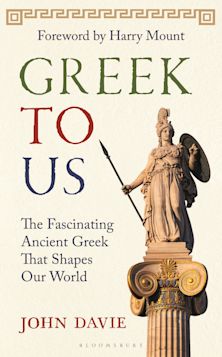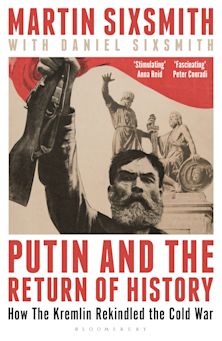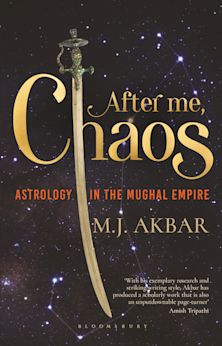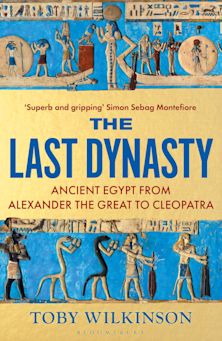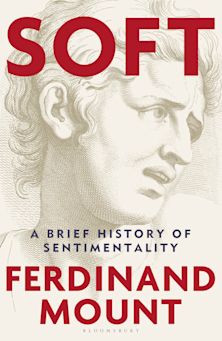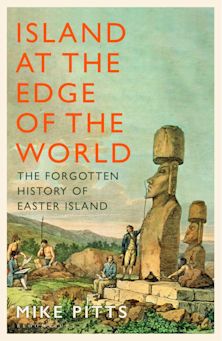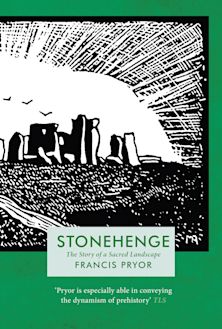- Home
- NON-FICTION
- History
- General History
- China After Mao
You must sign in to add this item to your wishlist. Please sign in or create an account
Description
_______________
A SPECTATOR AND NEW STATESMAN BOOK OF THE YEAR
'A revolutionary book' Sunday Times
'A pulsating account that makes clear how important it is to look beneath the surface when it comes to any period or region in history – but above all to China' Peter Frankopan, TLS
'Essential reading for anyone who wants to know what has shaped today's China and what the Chinese Communist Party's choices mean for the rest of the world' New Statesman Books of the Year
Choice Outstanding Academic Title 2023
_______________
From the Samuel Johnson Prize-winning author of Mao's Great Famine, a timely and compelling account of China in the wake of Chairman Mao
In China After Mao, award-winning historian Frank Dikötter explores how the People's Republic of China was transformed from a backwater economy in the 1970s into the world superpower of today. His account is the first to be based on hundreds of previously unseen archival documents, from the secret minutes of top party meetings to confidential bank reports. Unfolding with great narrative sweep, this riveting, richly detailed chronicle recasts our understanding of an era that both the regime and foreign admirers celebrate as an economic miracle.
In charting four decades of so-called 'Reform and Opening Up' and China's emergence as a world power, Dikötter tells a fascinating tale of contradictions and illusions, of shadow banking, anti-corruption drives and extreme state wealth standing alongside everyday poverty. He examines China's approach to the 2008 financial crash, the country's increasing hostility towards perceived Western interference and its development into a thoroughly entrenched dictatorship – one equipped with a sprawling security apparatus and the most sophisticated surveillance system in the world. Ultimately, the book concludes, the communist party's goal was never to join the democratic sphere, but to resist it – and then defeat it.
Praise for Frank Dikötter and the People's Trilogy:
'Harrowing and brilliant' Ben Macintyre
'The historian of China' Spectator
'One of the few books that anyone who wants to understand the twentieth century simply must read' New Statesman
'The seminal English language work on the subject' Sunday Times
'Gripping and masterful' - Simon Sebag Montefiore
Product details
| Published | 29 Sep 2022 |
|---|---|
| Format | Ebook (Epub & Mobi) |
| Edition | 1st |
| Extent | 416 |
| ISBN | 9781526634337 |
| Imprint | Bloomsbury Publishing |
| Publisher | Bloomsbury Publishing |
About the contributors
Reviews
-
Essential reading for anyone who wants to know what has shaped today's China and what the Chinese Communist Party's choices mean for the rest of the world
Isabel Hilton, New Statesman Books of the Year
-
A clear-eyed and detailed account ... Dikötter has been mining Chinese primary sources for decades
Observer
-
A pulsating account that makes clear how important it is to look beneath the surface when it comes to any period or region in history – but above all to China
Peter Frankopan, TLS
-
Presents a very different take on the Chinese economic miracle than the conventional wisdom ... Convincingly shows how foreign capital pouring into China ... became a key ingredient of economic growth at a time of intensifying repression following the Tiananmen Square massacre. It also shatters the myth of competent technocratic policymaking under leaders such as Deng Xiaoping ... Most radically, the book makes the case that, rather than being a sharp break with the recent past, President Xi Jinping's more nakedly authoritarian rule is in many ways a continuation of trends that started long ago
Daron Acemoglu, Winner of the Nobel Prize in Economics
-
Dikötter's highly-readable primer provides a valuable corrective ... Helps puncture the image of China's inexorable economic rise
New Statesman
-
A revolutionary book . . . Breaking with the bland orthodoxy peddled in some of our finest universities, Dikötter says that China today is a Leviathan where a party, fascist in all but name, controls society … Dikötter marshals a daunting array of statistics and documents . . . Historians such as Dikötter are there to warn
Michael Sheridan, Sunday Times


















